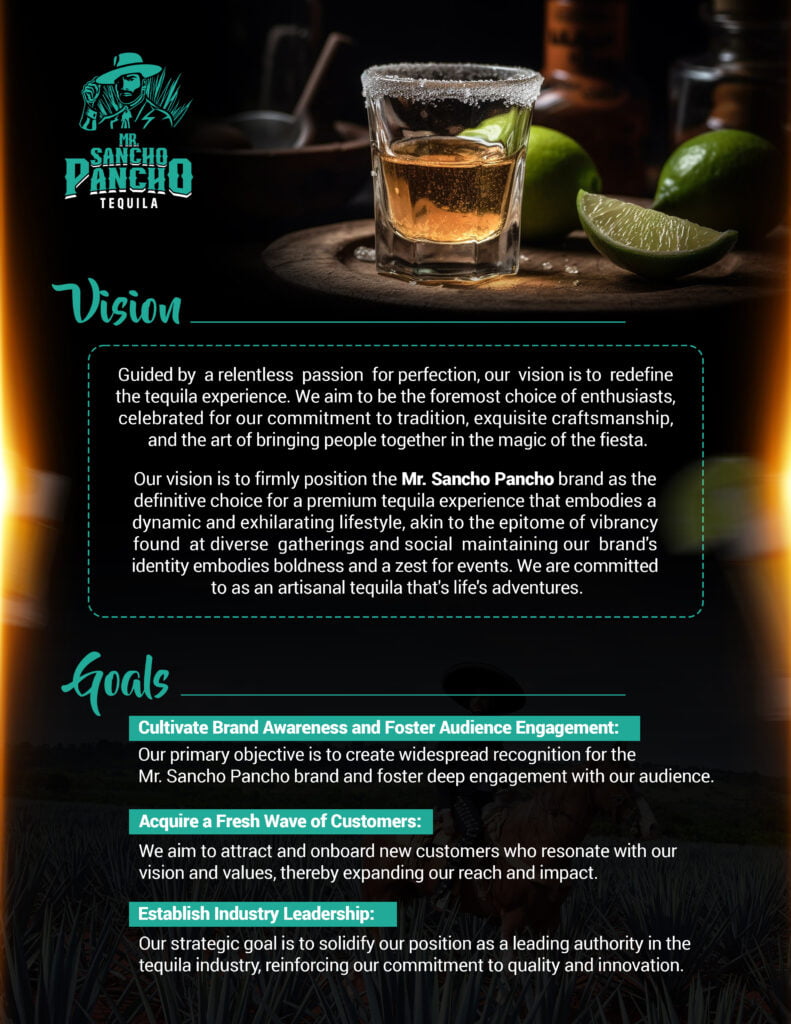Tequila, a beloved spirit made from the blue agave plant, is more than just a beverage; it’s a cultural icon. However, the production of tequila has significant environmental impacts. Understanding why sustainability matters in this industry is crucial not only for nature but also for the communities involved in its production.
Understanding the Environmental Impact of Tequila Production
Tequila production can result in issues like soil degradation, water pollution, and loss of agave biodiversity. Being aware of these impacts is the first step toward making a difference.
The journey of tequila from the fields of blue agave to the bottle can leave a significant footprint. As highlighted by tequila brands focusing on sustainable practices, the extensive use of natural resources, coupled with intensive agricultural practices, emphasizes the need for environmentally conscious approaches. By understanding this impact, stakeholders can better advocate for changes that benefit both the earth and the tradition of tequila.
From the cultivation of agave to the energy used in distilling, each stage can contribute to environmental strain. Implementing eco-friendly technologies and practices not only reduces this footprint but also appeals to the growing market of environmentally conscious consumers.
The Role of Agave Plantations
Monoculture farming of agave plants can lead to resource depletion and pest issues. Sustainable farming practices support biodiversity and soil health.
Agave plantations, when managed sustainably, can be a beacon of biodiversity. By integrating practices like polyculture farming, producers can combat the ecological drawbacks of monoculture. This approach, also endorsed by experts in sustainable tequila efforts, enriches soil health and supports a more balanced ecosystem, which is crucial for the long-term viability of the agave crop.
Sustainability on agave plantations involves more than just diverse planting. It requires the careful management of resources, including soil maintenance, pest control through natural predators, and crop rotation, to maintain the health of the land and the quality of crops.
The ecological importance of sustainable agave farming cannot be overstated. As demand for tequila grows, so does the pressure on these plantations. Responsible management ensures that future generations can enjoy high-quality tequila without sacrificing environmental stability.
Water Usage and Management
Tequila production requires significant water resources. Implementing efficient water management techniques can mitigate wastewater problems and conserve water.
Water is a vital component in tequila production, from planting agave to distillation. By adopting innovative water-saving techniques such as closed-loop systems and rainwater harvesting, distilleries can significantly cut down on water usage and ensure sustainability for the future of tequila production.
In places like Jalisco, the heart of tequila production, responsible water management practices are becoming increasingly crucial. By optimizing fermentation and distillation processes, producers can reduce water waste, as highlighted in our water-saving techniques blog.
Water conservation efforts in tequila production must extend beyond the factory doors. They encompass community involvement and education about sustainable practices to ensure not only the survival of agave farms but also the well-being of surrounding ecosystems.
Energy Consumption and Reduction Strategies
The distillation process is energy-intensive. Exploring renewable energy options and optimizing processes can reduce the carbon footprint of tequila production.
Sustainable tequila production demands a rethinking of energy consumption. By investing in solar energy and other renewables, distilleries can significantly lower their carbon footprint—paving the way for an eco-friendly future aligned with modern-day sustainability goals that are critical for the industry’s survival.
Efforts to reduce energy consumption extend beyond distillation. From efficient lighting to innovative waste-to-energy solutions, such as converting agave waste into biomass fuel, every aspect of the production process is being fine-tuned to enhance sustainability. These initiatives reflect a commitment to environmental stewardship that tequila brands are now prioritizing.
The switch to renewable energy sources not only supports environmental goals but also often results in cost savings, which can benefit producers and consumers alike. By driving down expenses associated with energy use, distilleries can pass those savings on, contributing to more competitively priced, sustainable tequila products.
Community Involvement and Economic Impact
Sustainable tequila production can enhance the livelihoods of local communities by ensuring fair wages and promoting clean production methods.
Community involvement in tequila production is pivotal. Supporting agave farmers and their families through fair trade practices not only secures their livelihoods but also fosters stronger, more resilient communities. Empowering local workers with fair wages and ethical working environments ensures that sustainability extends beyond ecological benefits to include social and economic ones.
Incorporating sustainable practices in tequila production encourages community development by creating job opportunities and supporting local businesses. By prioritizing ethical production methods, companies can contribute to the socio-economic growth of regions like Jalisco, where tequila is more than just a product—it’s a way of life.
As the tequila industry embraces sustainability, its impact ripples through local economies. Initiatives such as community-driven agricultural programs and educational outreach ensure that tequila remains a driver of positive change, both economically and socially. For a comprehensive understanding of this dynamic, explore how organic tequila celebrates Mexican tradition.
The Future of Tequila Lies in Sustainability
Incorporating sustainable practices in tequila production is not just an ethical choice but a necessity for ensuring the future of the industry. By protecting natural resources and supporting communities, tequila producers can create a more responsible and flavorful product that consumers can enjoy guilt-free knowing it has been crafted with care for our planet.















